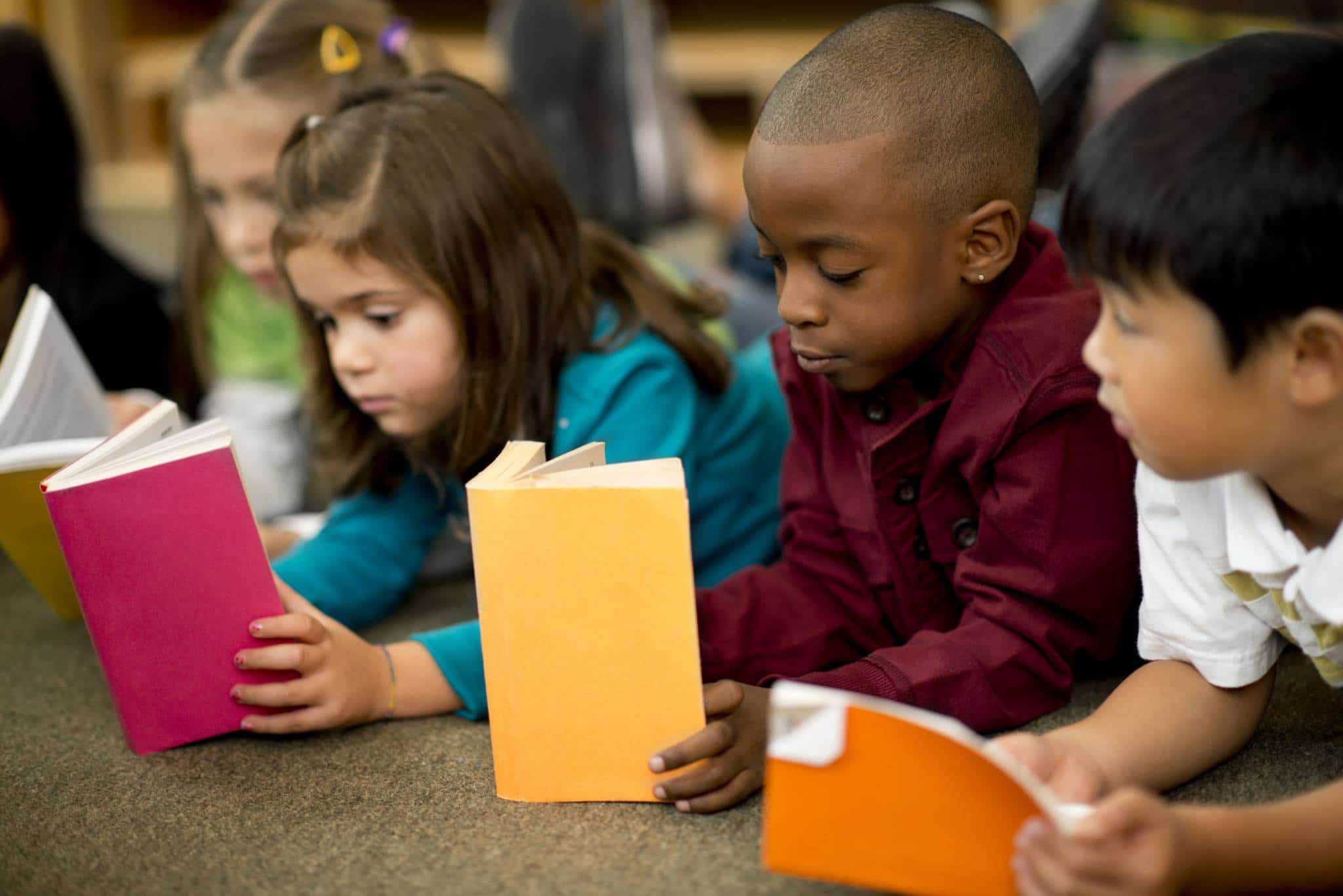New research has revealed that about 56% of individuals between ages 8 and 18 don’t love reading in their free time. This study by the National Literacy Trust also revealed that reading enjoyment has touched a new bar low since the organization started surveying in 2005. Moreover, the percentage this time is 15.2 percent lower than its height in 2016.
This report was revealed after 71,351 responses from young people aged 8 to 18 were recorded. Moreover, these responses were evaluated from 285 schools in the UK. This survey at the Annual Literacy Survey between January and the middle of March 2023 is a wake-up call for all.
The findings were shocking, and the survey points toward raising the importance of reading in schools, communities, and homes. It also revealed that more than 60% of children from disadvantaged backgrounds with Free School Meals said they don’t enjoy reading.
After studying the results of this year’s survey, Martin Galway, Head of Schools at the National Literacy Trust, said:
Sparking a love of reading can change a child’s life. Today’s results must act as a wake-up call for all who support children’s reading for pleasure. A greater focus on reading for enjoyment in the government’s revised Reading Framework (DfE, 2023) offers some measure of hope, but we will need real and immediate impact to change this story for the country’s most disadvantaged children. For children going back to school this September, we need to give them every opportunity possible to fall in love with reading, and to give families and schools the support they need to put reading for enjoyment at the heart of every school and home.
Not only this, another survey found that 33% of parents lack the confidence to read to their children. So, building a more secure and uplifting environment around reading is more important than ever. It starts at home, and the learning institutions can greatly help with various models.
Interestingly, it also found that children who don’t enjoy reading from disadvantaged backgrounds are interested in reading on school premises. Also, access to books and the home environment is unsuitable for these children.
Therefore, the National Literacy Trust has committed to creating an encouraging space for children at school by restoring primary school libraries through the Primary School Library Alliance.
What can we do?
To inculcate healthy reading habits in children, we must support children and young ones as parents, teachers, and role models. Access to books, quiet and quality reading time, and reflecting on the benefits of reading can gradually bring the passion for reading. After all, healthy reading means smart children, a bright future, and experiencing all-round development.
Navkiran Dhaliwal is a seasoned content writer with 10+ years of experience. When she's not writing, she can be found cooking up a storm or spending time with her dog, Rain.


